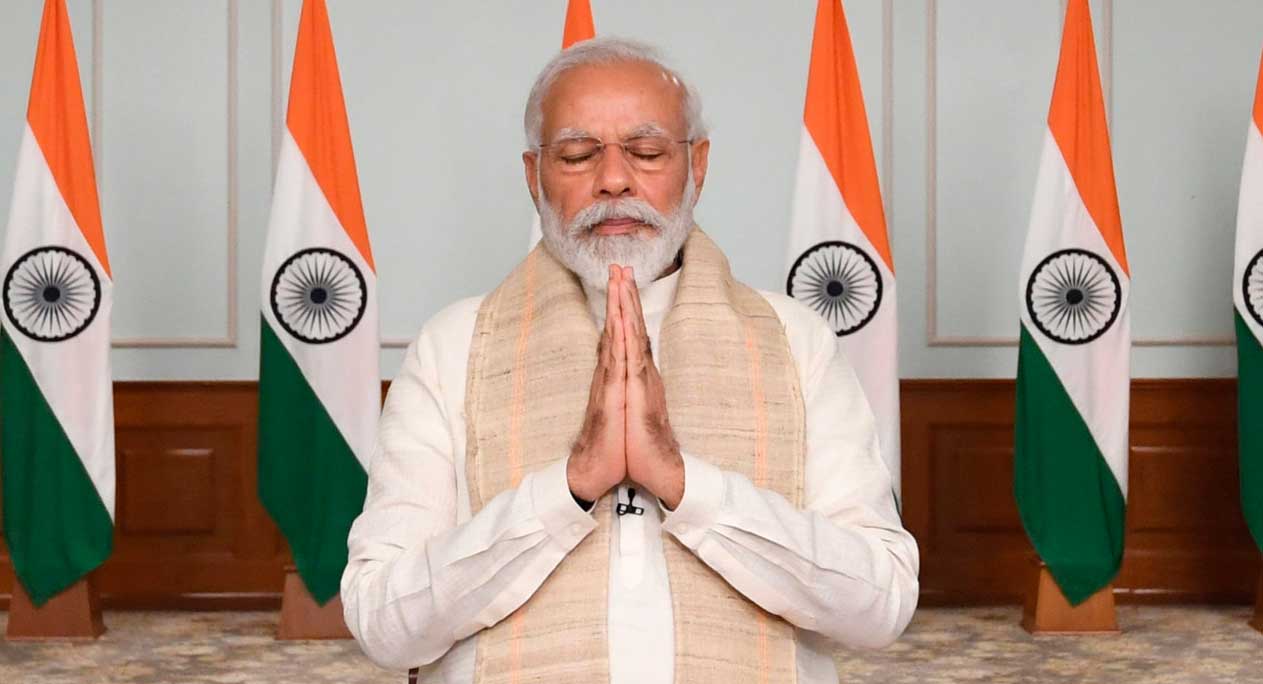Just as designated officials from India and China were preparing for another round of the border mechanism talks, Beijing on Wednesday struck an aggressive posture, repeating its claim on the Galwan Valley and accusing India of making false statements.
In separate briefings, the Chinese defence ministry and the foreign ministry accused India of provoking the border clash in Galwan on June 15, and breaching the commander-level understanding to not cross the estuary of the Galwan river to patrol or build facilities.
China, from both accounts, is sticking to its contention that Galwan falls within its control line, pushing India’s claim westwards to start at the estuary of the river.
India had rejected China’s claim twice last week, billing it as “exaggerated and untenable”. But Prime Minister Narendra Modi had delivered an ambiguous speech on Friday, saying no intrusion had taken place and compelling the PMO to issue a clarification that he was referring to the post-June 15 situation.
Some analysts feel that the undefined LAC lies at the heart of the mess, and Modi’s ambiguous “no-intrusion” claims have made it easier for the Chinese army to push the envelope.
On Wednesday, Senior Colonel Wu Qian, a spokesperson for the Chinese defence ministry, said: “China has sovereignty over the Galwan Valley region. Over the years, the Chinese border troops have been patrolling and guarding this region.”
India did not respond on Wednesday to China’s renewed assertion of sovereignty over Galwan. Until April-end, there was no dispute over the Galwan region of the LAC despite it being a site of action during the 1962 war.
Accusing India of “provoking” a border clash, Chinese foreign ministry spokesman Zhao Lijian said: “The onus is not on China’s part.”
He added: “This risky behaviour by the Indian side greatly violated the agreement between the two countries and the basic norms guiding international relations. It’s very serious, with very severe consequences.”
Asked why he was repeating the allegations after the second meeting between the corps commanders of the two armies on Monday, Zhao said: “What I have just said is meant to clarify the whole situation, tell the truth to everyone. We made this statement because the MEA in India and also Indian media have made some false reports.”
He did not dwell on what these “false reports” were.
Earlier, Wu had repeated a blow-by-blow account of events in the Galwan Valley over the past month that had been released by the Chinese foreign ministry on Saturday, adding that India should take “full responsibility for the (June 15) incident that was solely and completely triggered by its breach of consensus and unilateral provocations”.
Both officials continued to stress the importance of neighbourly relations and how peace and tranquillity in the border region was important for both countries.
The statements issued by both capitals after the 15th meeting of the Working Mechanism for Consultation & Coordination on India-China Border Affairs, as always, did not reveal much except for agreeing to remain engaged at various levels — diplomatic and military — on the situation in eastern Ladakh.
The Indian readout on the video conference between the joint secretary (East Asia) in the external affairs ministry, Naveen Srivastava, and the director-general of the department of boundary and oceanic affairs in the Chinese foreign office, Hong Liang, said the two delegations had agreed that expeditious implementation of the June 6 understanding, in accordance with the bilateral agreements and protocols, would help ensure peace and tranquillity in border areas and the development of a broader relationship between the two countries.
They also took into account the second commanders’ conference held on Monday.
The Chinese statement was similarly worded, the immediate focus being on the implementation of the understanding arrived at the two commanders’ meetings.











